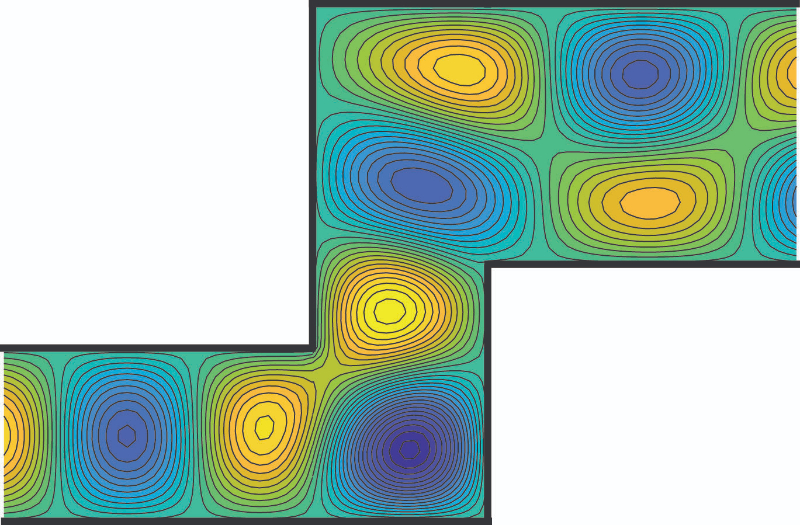- decomposition of the fields and Maxwell's equations in isotropic media
- analysis of propagating and non-propagating TM, TE & TEM modes in metallic waveguides
- waveguides with rectangular and circular cross sections
- application of modortogonality in excitation from sources and in energy transport
- the mode matching method for analyzing scattering at discontinuities
- analysis of attenuation and coupling between waveguide modes
- analysis of resonance cavities, orthogonality relationship, losses and bandwidth
- flat dielectric waveguides and optical fibers
- analysis of quasi-TEM modes in multi-conductor systems.
FEI3301 Waveguiding Methods 5.0 credits

Information per course offering
Course offerings are missing for current or upcoming semesters.
Course syllabus as PDF
Please note: all information from the Course syllabus is available on this page in an accessible format.
Course syllabus FEI3301 (Spring 2020–)Content and learning outcomes
Course contents
Intended learning outcomes
After passing the course, the student shall be able to
- solve parts of problems from most of the course content
in order to be able to use the electromagnetic laws in combination with mathematical methods to solve electromagnetic field problems.
Literature and preparations
Specific prerequisites
Literature
Information about course literature is given in the course-PM.
Examination and completion
Grading scale
Examination
- EXA1 - Examination, 5.0 credits, grading scale: P, F
Based on recommendation from KTH’s coordinator for disabilities, the examiner will decide how to adapt an examination for students with documented disability.
The examiner may apply another examination format when re-examining individual students.
If the course is discontinued, students may request to be examined during the following two academic years.
Assignments and project tasks.
Other requirements for final grade
Satisfactory performance in all home‐assignments. Oral presentation of one assignment.
Examiner
Ethical approach
- All members of a group are responsible for the group's work.
- In any assessment, every student shall honestly disclose any help received and sources used.
- In an oral assessment, every student shall be able to present and answer questions about the entire assignment and solution.